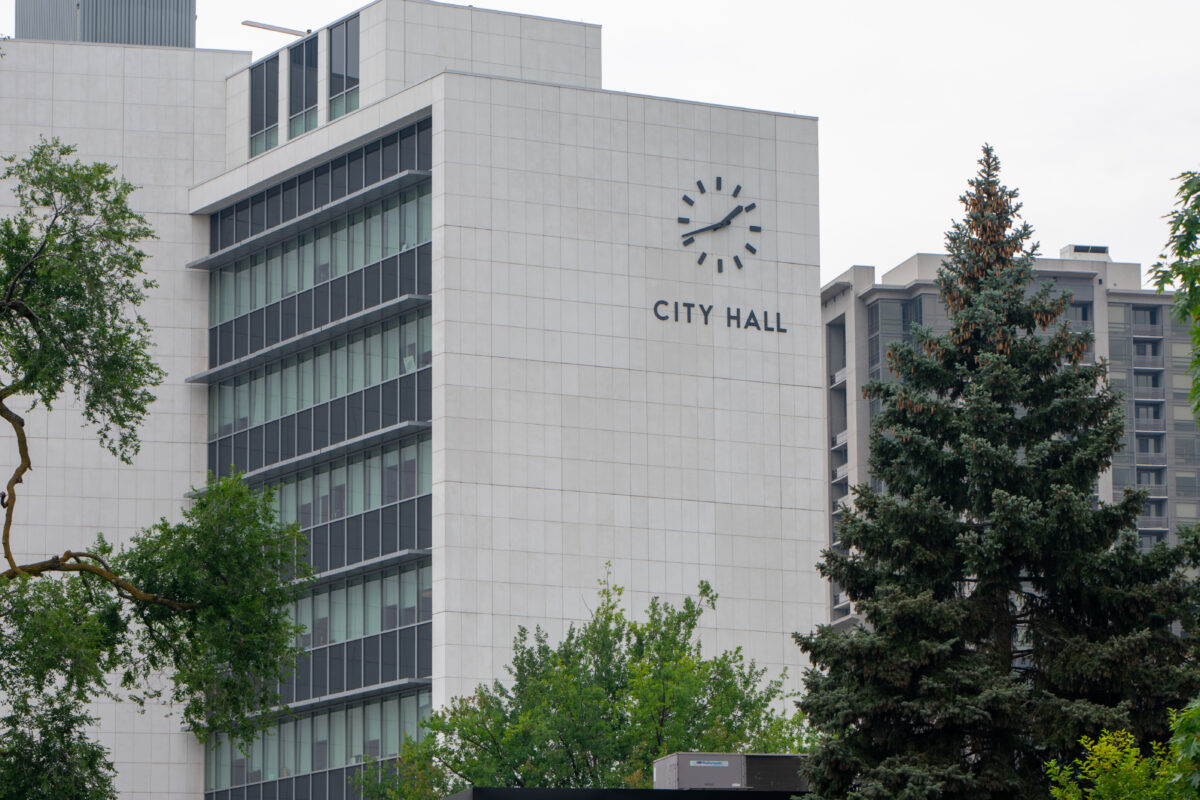Ontario’s Community Safety and Policing Act (CPSA) requires Police Boards to disclose the reasons for entering into closed session, and to list the items they will discussion – including providing a general description of what matters they are addressing in closed session.
Hamilton’s Police Services Board is not compliant comply with the Act. Instead, they merely list the open meeting exceptions they cite to enter into closed session.
CPSA Requirements
Section 44(1)(b) of the CPSA states “(b) if the board or committee decides to close the meeting or part of the meeting, state by resolution,
(i) the fact of the holding of the closed meeting and the general nature of the matter to be considered at the closed meeting, or
(ii) in the case of a meeting under subsection (6), the fact of the holding of the closed meeting, the general nature of its subject-matter and that it is to be closed under that subsection.”
The CPSA closely mirrors the open meeting requirement of the Municipal Act.
Section 239(4) of the Municipal Act states, “(4) Before holding a meeting or part of a meeting that is to be closed to the public, a municipality or local board or committee of either of them shall state by resolution,
(a) the fact of the holding of the closed meeting and the general nature of the matter to be considered at the closed meeting; or
(b) in the case of a meeting under subsection (3.1), the fact of the holding of the closed meeting, the general nature of its subject-matter and that it is to be closed under that subsection.”
The last clause in each of the respective Acts is related to “educational or training sessions.”
Ontario Court of Appeal Ruling on Requirement to Provide General Information
In Farber v. Kingston (City), 2007 ONCA 173, Ontario’s Court of Appeal ruled that governing bodies required to state the “general nature of the matter to be considered at the closed meeting” must list each closed session item as an individual agenda item.
They “should provide a general description of the issue to be discussed in a way that maximizes the information available to the public while not undermining the reason for excluding the public.” [Para 21]
As repeatedly explained by the Ontario Ombudsman while investigating Municipal Act open meeting violations, merely referring to the open meeting exceptions is insufficient to comply with the Act.
“Publicly stating that a meeting will be closed and identifying what issues will be discussed in the closed session is not a mere procedural technicality. The purpose of this obligation is to enhance the transparency of local democracy and ensure that decision-makers are accountable when they discuss matters behind closed doors. Failing to comply with this requirement can result in a loss of public confidence in municipal governance,” Ombudsman Paul Dubé writes.
The September agenda for the Hamilton Police Services Board merely lists five open meeting exemptions the Board will cite to conduct its planned closed session portion of the meeting.
The agenda does not meet the requirements of the Community Safety and Policing Act.
No Oversight of Police Board Closed Meeting Violations
Hamilton’s Police Services Board often defies open meeting laws.
The Ontario Ombudsman cannot investigate Police Boards. There is no meaningful measure to require Police Boards to obey open meeting requirements.
Recent Open Meeting Violations by Hamilton’s Police Board
On September 10, 2024, the Police Board held a secret budget meeting. During the meeting, it voted on a draft 2025 budget. The Board is not releasing the draft budget. Both the secret meeting, and the non-disclosure of documents, violate the CSPA.
In February of this year, Hamilton Police Board Administrator Kristen Stevenson announced the Board was closing its budget meetings to the public. TPR challenged the ban by showing up in the meeting room on Tuesday, February 13 hours before the meeting and broadcasting a livestream.
In September 2021, the Police Board held a secret emergency meeting to grant all Hamilton Police officers and employees the National Truth and Reconciliation Day as a statutory holiday. The Board refused to release the agenda.
In December 2021, TPR uncovered that the Hamilton Police Services Board communicated using Gmail accounts. After TPR contacted Ontario’s Privacy Commission, the Police Board stated it would only use official accounts for public business.
Production Details v. 1.0.0 Published: September 23, 2024 Last updated: September 23, 2024 Author: Joey Coleman Update Record v. 1.0.0 original version

